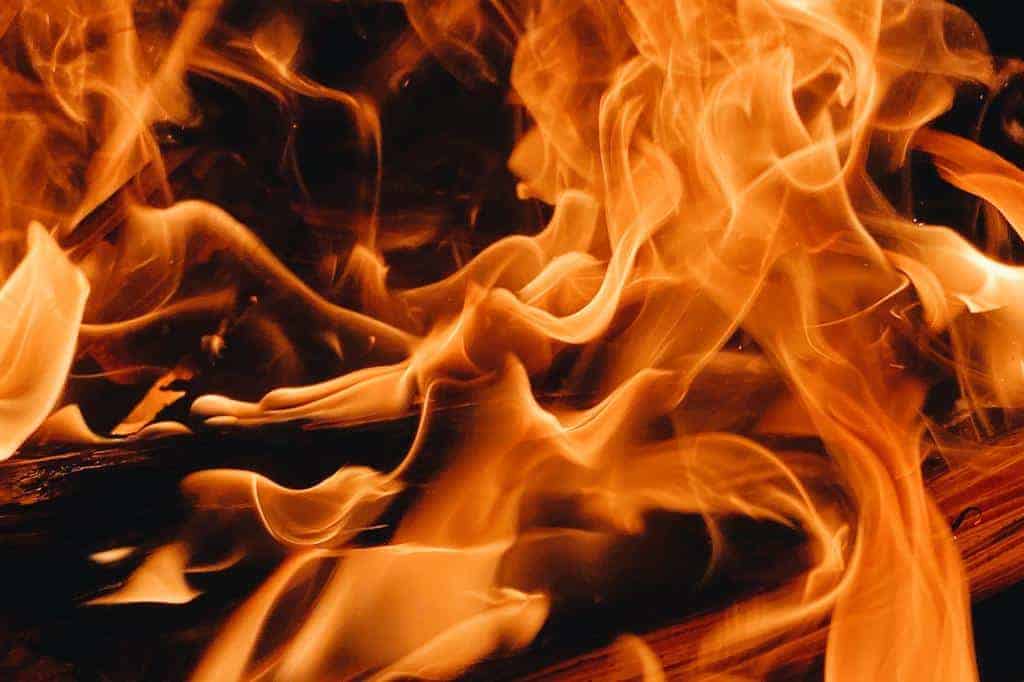Burn unit nurses are specialized healthcare professionals with experience in burn trauma. Nurses are part of a larger team of practitioners that help patients who’ve suffered burn injuries. Burn unit nurses practice what we know as critical care since most of their patients arrive from emergencies. If you’re interested in a nursing career with a high degree of specialization, keep reading to learn everything you need to know about burn unit nurses, their career path, salaries, and more.
What is a Burn Unit Nurse?
A burn care nurse specializes in caring for patients who suffer burn injuries and other kinds of trauma. They treat and monitor burn wounds, assess emotional trauma, and offer critical care and trauma recovery assistance. A burn care nurse helps trauma doctors evaluate burns, clean wounds, administer medication, and assist in the early rehabilitation stages.
National average salary: $68,250 per year
Job outlook: 16% increase by 2024
Where Do Burn Care Nurses Work?
It’s not surprising to find out that most burn care nurses spend most of their shifts in the Burn Care Unit (BCU) or the Intensive Care Unit (ICU) of hospitals. However, they can also work in a hospital’s Emergency Room (ER) and their trauma center. Sometimes, burn care nurses also work in outpatient facilities providing support and rehabilitation services for patients recovering from burn injuries.
What Kind of Patients Are in a Burn Unit?
The burn unit is a specialized area that’s almost hosted within the ICU. Here, you’ll find patients who’ve suffered burn injuries from contact with fire, chemicals, electricity, or oil. However, you’re also likely to find trauma patients and anyone in critical conditions requiring immediate trauma assistance.
What Does a Burn Unit Nurse Do?
A burn care nurse has a multifaceted role that provides assistance where and when needed. They can help with triage, stabilization, fluid balance, and pain management. However, they can also help in the rehabilitation process by offering emotional support. Overall, burn nurses treat patients suffering from burn injuries. They clean, bandage, and monitor wounds, as well as educate patients about their ongoing treatment.
Most responsibilities include:
- Assess, dress, and monitor burn wounds
- Stabilize burned patients
- Maintain patient’s comfort and assist in pain management
- Administer medications
- Monitor the patient’s psychological state and emotional well-being
- Educate the patient and the family about burn wound care, rehab procedures, and how to seek emotional support
How Do You Become a Burn Unit Nurse?
The journey to becoming a burn unit nurse starts like many other nursing careers, with a nursing degree and passing the National Council Licensure Examination (NCLEX-RN). Most nurses are looking for a job in burn care to get professional experience in the trauma unit or ICU. Overall, education requirements and preferences will vary by employer. However, certifications in Advanced Burn Life Support and Advanced Cardiovascular Life Support can help position yourself as a valuable candidate.
Common certifications:
- Advanced Burn Life Support
- Basic Life Support (BLS)
- Advanced Cardiovascular Life Support (ACLS)
- Critical Care Nursing (CCRN) for Adult Patients Certification
- Certified Wound Specialist (CWS)
- Wound Care Certified Certification (WCCC)
- Wound, Ostomy, and Continence Certification (WOCC)
- Trauma Nursing Core Course
- Pediatric Advanced Life Support (PALS)
What Skills Do You Need to Be a Burn Unit Nurse?
Burn nurses’ role is an advanced one that requires clinical and technical skills that allows them to provide comprehensive care to patients. They need to be knowledgeable in various treatments to assess the different types of injuries they treat.
Due to its nature, burn care is one of the most challenging specialties in nursing. This position calls for sharp critical thinking alongside specialized clinical skills.
Most common skills or burn unit nurses include:
- Triage experience
- Fluid balance experience
- Trauma recovery and rehabilitation experience
- Excellent communication skills
- Emotional stability and coping skills
- Critical problem-solving
- Compassionate
- Technical ability to utilize medical equipment
Starting Your Burn Care Nursing Career
A career as a burn care nurse is thrilling, challenging, but also extremely rewarding. If a nursing career in this specialty interests you, there are a set of steps that can help you position yourself as a great candidate. At Stability Healthcare, we place nurses in hospitals across the United States. You’ll earn high compensation, premium health benefits, PTO, guaranteed stipends, 401(k), paid compliance, and more. Search for your next placement and set up an interview today!




